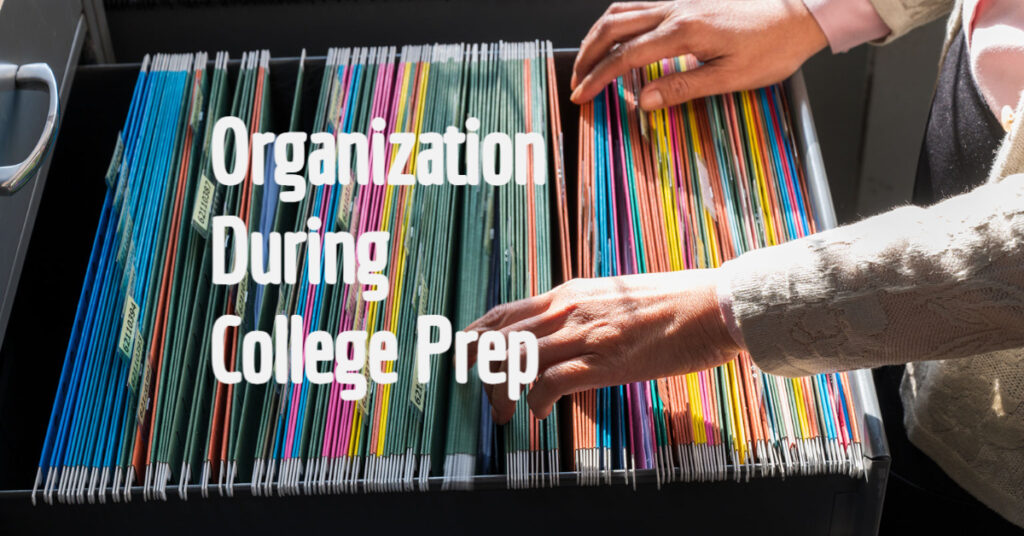
If you are a mother of a college-bound teen, it’s easy to become a smotherer. After all, there are deadlines that need nagging. There are scholarships that must be applied to. There are battles to fight and recommendations to be secured. It’s impossible to expect your young teenager to handle these matters on their own. They need help. They have always needed help.
But, and I say this will all humility, it’s hard to let go and let them handle these things on their own.
Being a mother is one of the hardest jobs you will ever have. You want your teenager to become independent but you worry they never will. What if they fail? What if they forget to do something that’s important? What if they are hurt or rejected? It’s in our nature as mothers to fix things and help them avoid anything that would be painful. Some mothers have mastered this technique so well that their kids don’t have a clue how to deal with failure, disappointment, and pain.
Continue reading Are You a Mother or a Smotherer?








